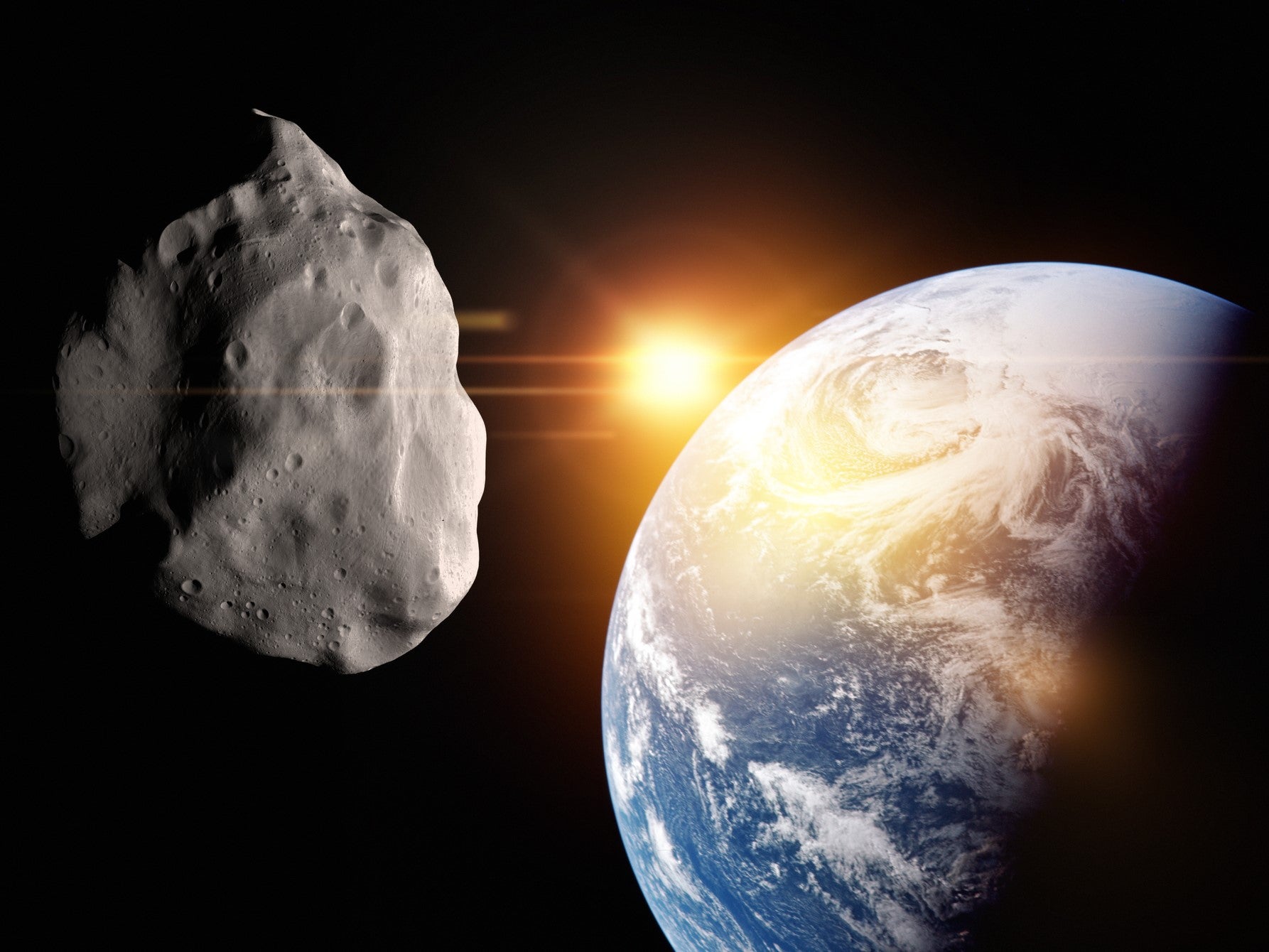China to launch asteroid-mining robot
Origin Space hopes for part of trillion-dollar industry but scientists warn space resources should not be over exploited

A Chinese firm has announced plans to launch an asteroid mining robot into space in November.
Origin Space will launch its first bot aboard a Long March rocket, operated by the China National Space Administration, following a push by China to encourage private companies to begin mining space resources.
The Beijing-based firm has dubbed its NEO-1 machine a “space mining robot”, though it is more of a prospector than an actual miner.
It will be used to test technologies and sequences necessary to land on and mine an asteroid for valuable minerals and elements like gold, silver and cobalt.
Space Origin co-founder Yu Tianhong told IEEE Spectrum: “The goal is to verify and demonstrate multiple functions such as spacecraft orbital manoeuvre, simulated small celestial body capture, intelligent spacecraft identification and control.”
The mining of space resources has proved increasingly popular in recent years, with a number of ventures aiming to profit from the potentially trillion-dollar industry.
The prospect of a new gold rush has led to resistance from some scientists, who fear other planets and celestial objects will be exploited in the same way Earth has been over the last few centuries.
A proposal last year called for 85 per cent of the solar system to be protected from industrial activities and “left as wilderness”.
The study, which was a collaboration between eminent astrophysicist Martin Elvis and philosopher Tony Milligan, outlined a one-eighth principle that aims to avoid the problems associated with exponential growth of nascent trends.
“One eighth of the iron in the asteroid belt is more than a million times greater than all of the Earth’s currently estimated iron ore reserves, and it may well suffice for centuries,” the study stated.
“Population growth and climate change are instances of unchecked exponential growth… The rationale for adopting the one-eighth principle so far in advance is that it may be far easier to implement in-principle restrictions at an early stage, rather than later.”
Join our commenting forum
Join thought-provoking conversations, follow other Independent readers and see their replies
Comments
Bookmark popover
Removed from bookmarks